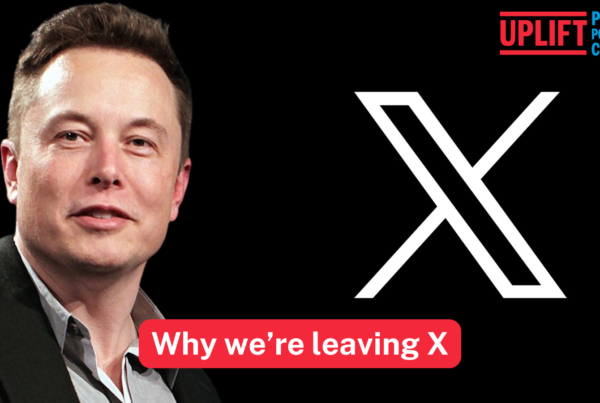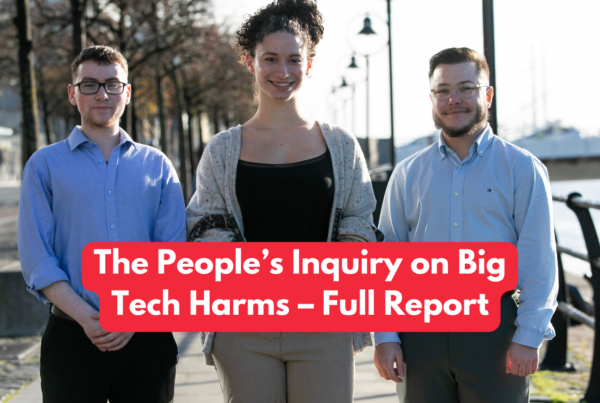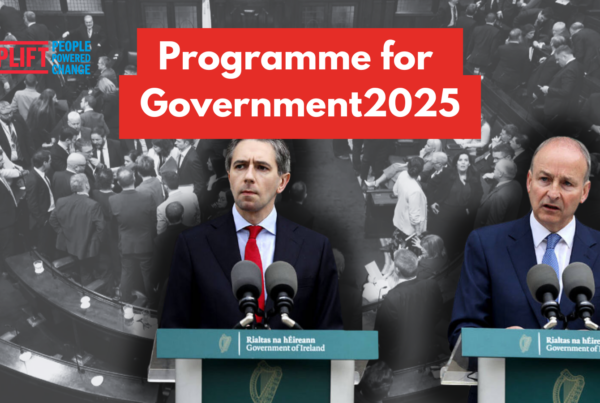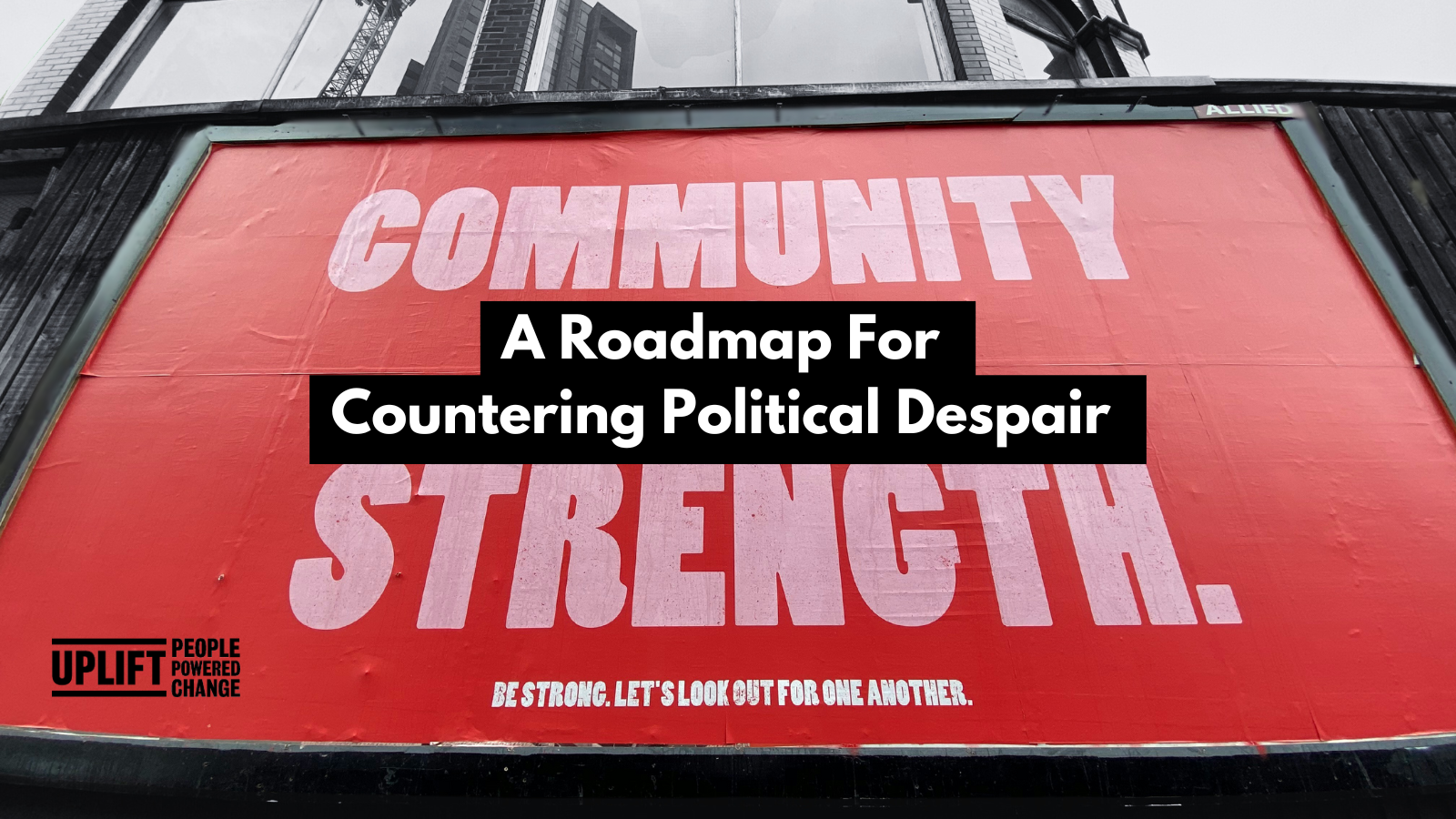
A Roadmap For Hope in Challenging Times
You are not alone if like me you are feeling somewhat overwhelmed and despairing at the relentless bad news we wake up to every day. So what do we do in the face of all of this?
Here’s the thing, when we’re in a tough spot we rely on each other. That’s the way it has always been, despite the attempts of capitalism to isolate us from each other — by reducing us to consumers and users when we know we are so much more.
Corporate bosses, certain politicians and hate fuelled agitators want us to believe that we have no power, that there is no point in trying, that our efforts won’t make a difference. In fact there is a very long history of transformational victories brought about by people power, Now more than ever, we need to be reminded of what’s possible in the face of extraordinary opposition and challenges.
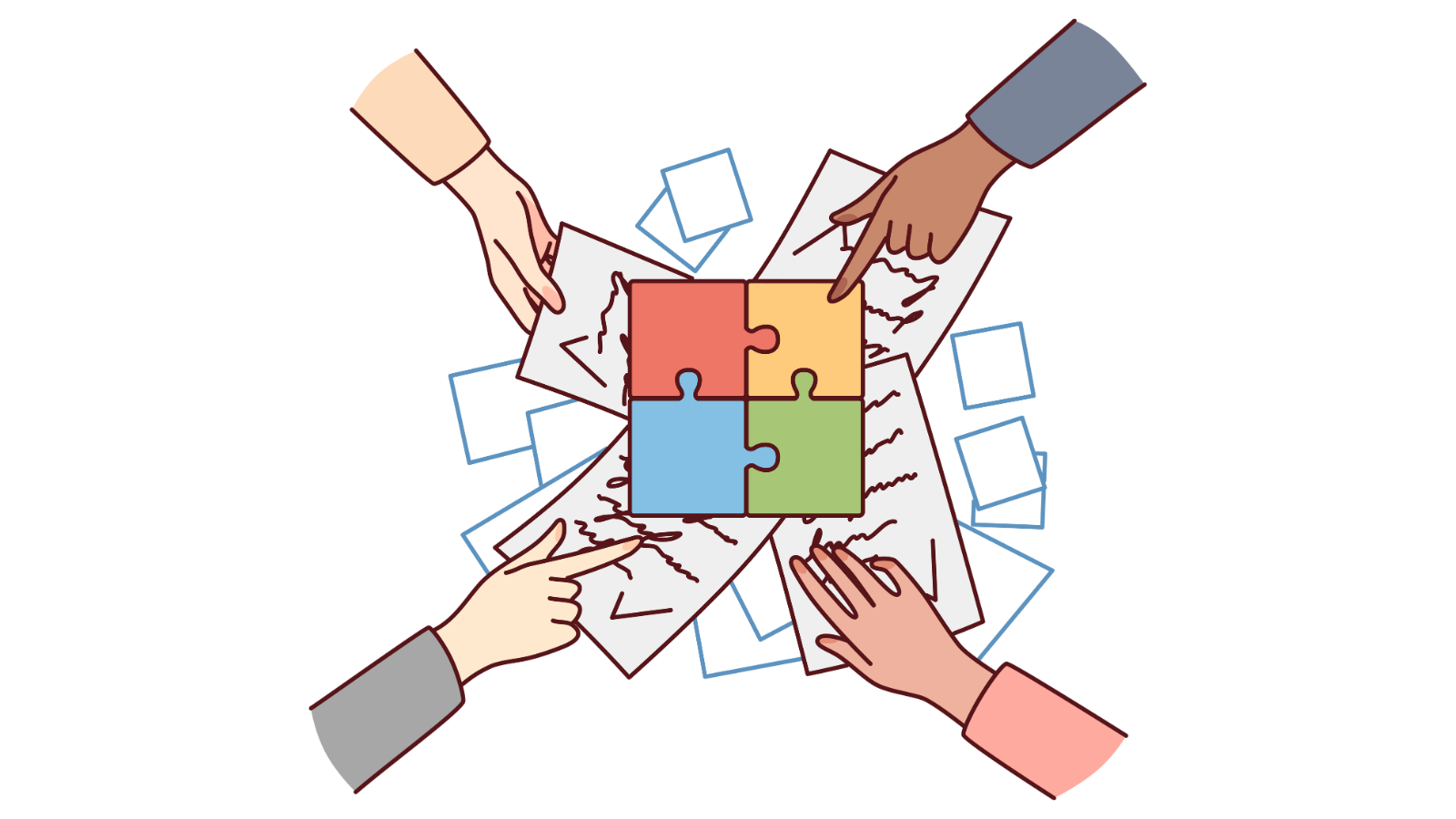
Closer to home our own government is sliding into a dangerous place. Plans to unravel our precious neutrality; force people seeking asylum into detention centers; fueling private developers over protecting renters are all chilling moves in the early days of a new government.
So how do we keep our energy up and keep a sharp focus on the work we need to do to resist,strategise, organise and mobilise? Here are some pointers and reflections to help guide us for the times we’re in.
The majority of people are sound.
The majority of people are sound.
Research conducted last year by the Hope & Courage Collective shows that a majority believe people migrating to Ireland improves their communities; that the housing crisis will be solved by building affordable public homes, not restricting migration; that Transgender people should be free to live their lives and access the healthcare they need, that LGBTQIA+ inclusive sex education should be taught in our schools. Most people believe that the wealthy are successful because they were given more opportunities than others; that working class people struggle to succeed because the rules are rigged against them.
Now is not the time to be quiet.
Now is not the time to be quiet.
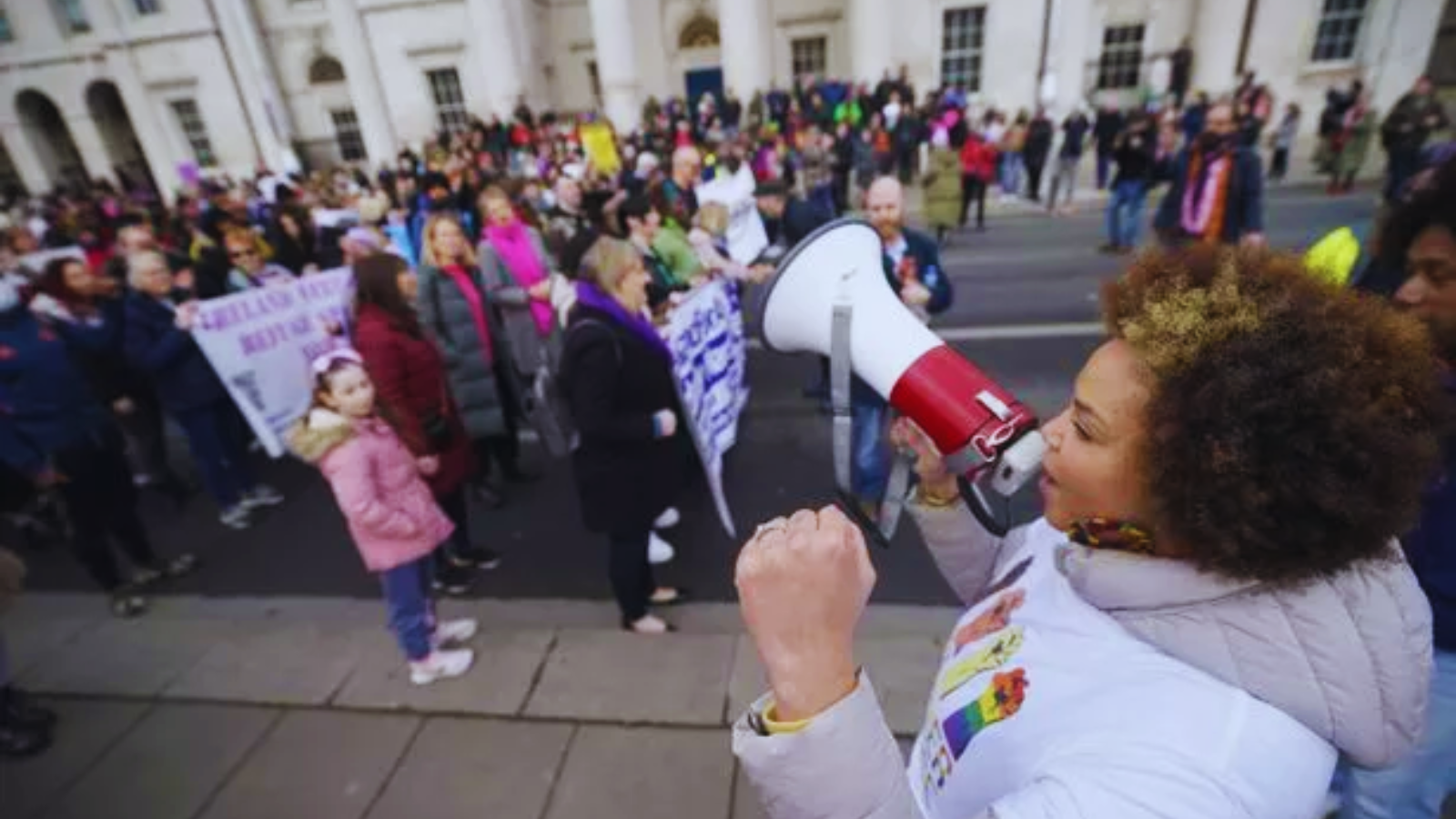
Despite being in a majority, people who have progressive values are far quieter than the minority of people who hold hardline negative views. They believe strongly that they can change things in their community (80%). Getting out of our echo chambers on and offline and challenging the assumptions we hold about the people in our neighbourhoods, helps disrupt the false perception that people don’t care.
Many people have real questions and doubts — and are cleverly targeted by a tiny group of agitators using manipulative messages designed to polarise, and cause fear and confusion. By speaking up for what we believe in, others in our communities will feel braver too in sharing their views.
Don’t take the bait.
Don’t take the bait.
Our opponents love to bait us into playing by their rules — tricking us into reacting to their arguments, giving them more airtime and visibility. Their strategy is to build a sense of inevitability about a dark future which essentially gives them licence to continue with ‘business as usual’. When we give them all our energy by reacting and negating their arguments, all we do is give them more attention. Difficult as it is, refrain from commenting, reacting, sharing their toxic content.
Say what we are for.
Say what we are for.
If we’re not able to paint the picture of what the future looks like, it’s going to be impossible to persuade people its possible to achieve. By putting the spotlight where we want the attention to be i.e. homes for people no exceptions, decent healthcare, air we can breathe, safe water to drink, clean energy — the easier it will be to build momentum and popularise the changes and ideas needed for a thriving society.

Fight cynicism.
Fight cynicism.
Grandstanders occupying the moral high ground also contribute to creating a sense that there’s no point in even trying to make a difference. The truth is that the future is not yet formed. And let’s not forget that communities and people most impacted by terrible policies, politics and hateful rhetoric have little or no choice but to fight for their safety and dignity. Giving up is not an option when you are on the edge, so don’t let the naysayers and grandstanders squash vital energy, ideas, and action.
Don’t confuse despair with analysis and facts.
Don’t confuse despair with analysis and facts.
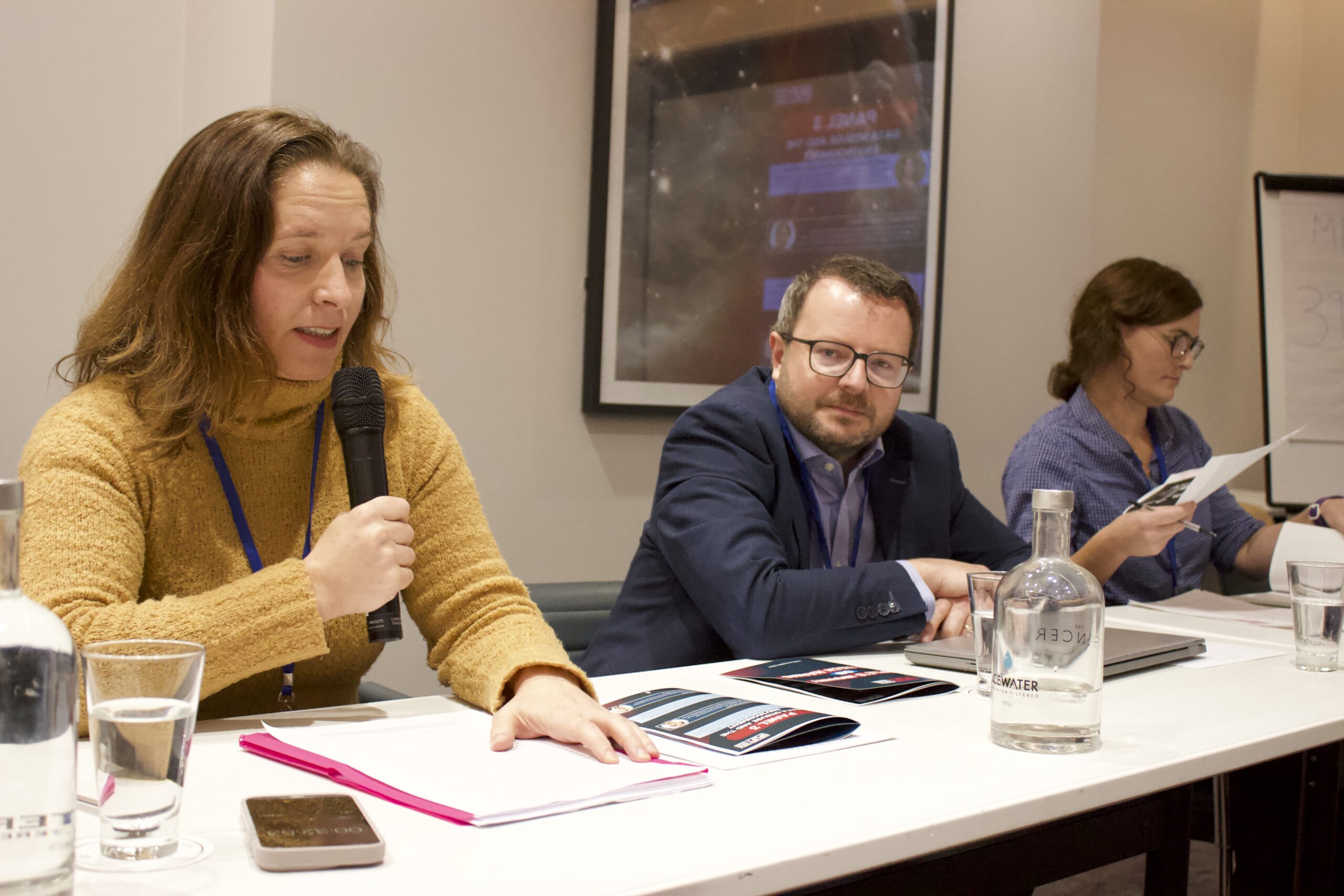
It’s okay to be upset — who isn’t these days. However, don’t mix up the feelings with the facts. Take time to get to the bottom of what’s actually happening, look to trusted sources, check your facts, but remember people act from a place of emotion and ‘factchecking’ can backfire. Our starting point for action needs to be grounded in strategy and change, not reacting wildly to the emotion of despair.
The first move is often unpopular.
The first move is often unpopular.
To sustain us, keep in our mind’s eye the truth that over time people, communities, movements have taken on huge struggles that first seemed impossible. History tells us that social or political change does not work in predictable ways or follow a clear path. When those in powerful positions feel uncomfortable they seek to reframe challengers as the problem, be it civil disobedience or community acts of resistance and solidarity. Remember when the suffragettes refused to accept unjust laws; when Martin Luther King led the US civil rights movement; when Greta Thunberg quietly protested outside her school; when local communities across Ireland came together to face down far right agitators, they too faced obstacles and ridicule — persisting in spite of the opposition.
The way forward is not ad hoc.
The way forward is not ad hoc.
There’s never much recognition of the groundwork, energy and effort involved in the journey between that first step taken that ends up in a decision or policy being changed. That’s why we need to create stories and narratives that help ourselves and others make the connections, to ‘show not tell’ how we can create powerful change where we live, come together in school yards, workplaces, communities, clubs, and groups. Our calls to action need to be grounded in stories that validate our shared values; show we are not alone; point to those standing in the way; and provide a credible path to achieving our goal.

Everyone and every action counts.
Everyone and every action counts.
I matter, you matter every single conversation, connection in our communities and all of our actions matter. We make change from where we stand, where we live, where we connect with others, study, work, play. Poet June Jordan coined the phrase ‘we are the ones we have been waiting for’, and it’s true. We don’t have to fix everything to fix something and that something grows and gathers momentum. And when it’s accompanied by an understanding of the greater impact we can achieve through collective action, then we have real people power.
People belong in communities.
People belong in communities.
A lot of rightwing propaganda, even mainstream news, encourages us to be afraid of each other, especially strangers and people not obviously like you. When people, no matter who they are or where they are from, who they love, how they identify, feel they belong, the collective community is stronger. Attempts to isolate and segregate must be resisted. We know only too well in Ireland that when vulnerable groups are forced out of communities and put behind walls and into institutions, terrible abuses of power tend to happen.
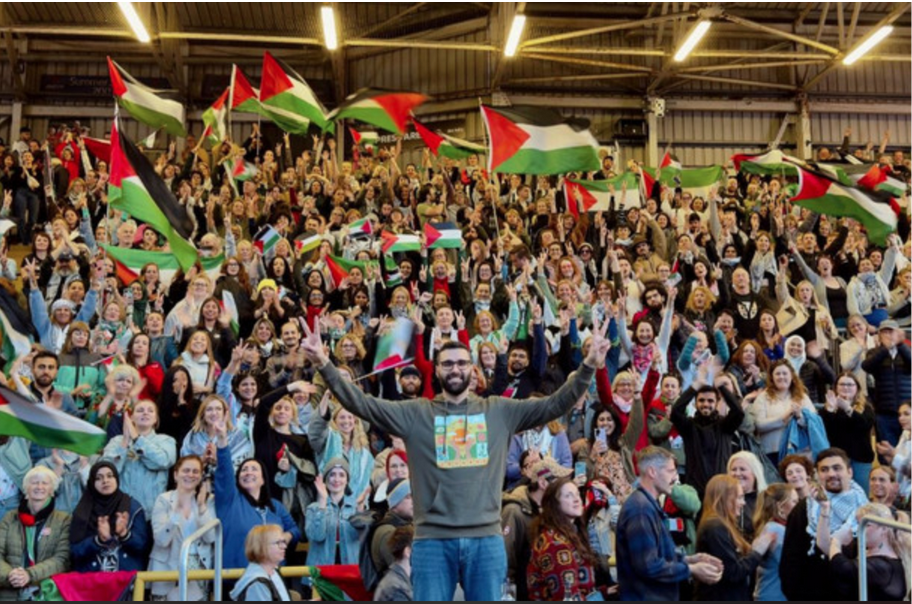
Hope is a verb.
Hope is a verb.
Hope is not a passive wish for something to happen. From where we stand/live/study/work/pray we make change. Hope doesn’t deny the harsh reality facing our communities and the wider world right now. It’s not about pretending everything will be OK. The hope we need to amplify is a hope grounded in defiance and the struggle and possibility of overcoming suffering and injustice. It’s about grappling with uncertainty and finding ways to stand up and keep going. Ultimately it’s about leadership that emerges when communities and people realise that they’ve no choice but to stand up for themselves to achieve it.
History tells us that change does not work in predictable ways or follow a clear path. Now is the time to think big, and not be afraid of demanding what’s needed to create a world where everyone, no exceptions, has what’s needed not only to survive but to thrive. “We may be living through times of unprecedented change, but in uncertainty lies the power to influence the future. Now is not the time to despair, but to act.” Rebecca Solnit.
Finally, let us remember our power and together let’s exercise it.
Siobhán O’Donoghue,
Executive Director of Uplift, the people-powered campaigning community, connecting 350,000 people to take coordinated action for an Ireland we can all be proud of.
